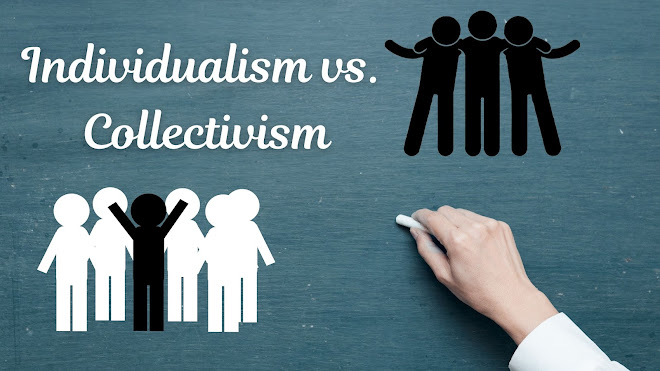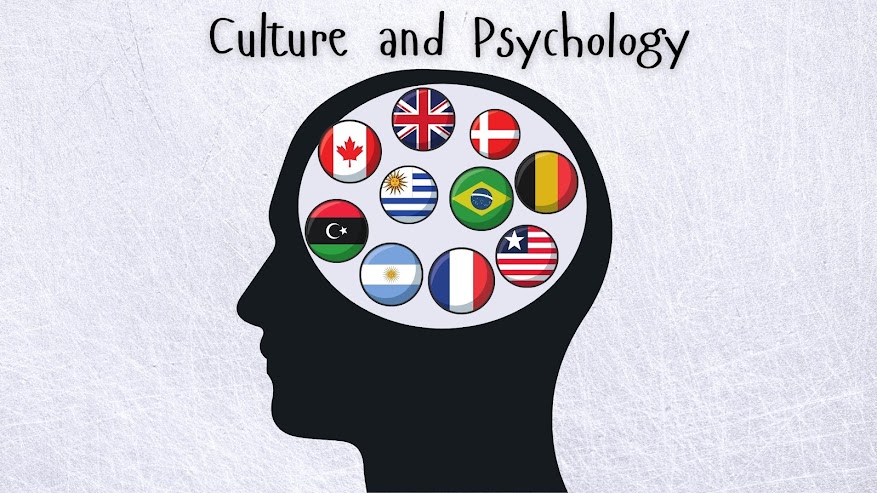Culture Paradigms
02/01/2022 - Week 05: Culture Paradigms
I never reflected on the word paradigms until watching the video “Cultural Paradigms,” where professor Ivers, a professor at BYU, talks about it. The truth is that I couldn’t think about another thing for some minutes after watching this video and others that I will cite throughout this paper. It’s like something pulls me into the real world outside the paradigms.
According to Cambridge Dictionary, a paradigm is “a model of something or a very clear and typical example of something.” If people follow cultural paradigms like clothes, foods, beauty, and behavior, they are easier accepted, but if don’t, they will face the challenges of going against these paradigms. One example is Delali Bright sharing her experience on the video “Cultural clashes in defining beauty” on Ted’s website. She talks about her experience in being skinny and being embarrassed in her country, and how everything changed when she moved to another country, and her skinny was considered beauty. Delali Bright could finally breathe without changing who she was. My conclusion was that paradigms can destroy people or lift them. Actually, people who create paradigms destroy or lift people, so people have the power to break paradigms or at least try to understand and respect others’ paradigms.
Knowing only paradigms from my country make me act according to these paradigms and influence people to act at the same way. Am I changing something or just following the pattern? I won’t teach equal people and with that my perceptions about paradigms need to change to understand, respect and socialize with others as a teacher and as a human being.
Sometimes, I imagine myself teaching people from different countries. As well as the language connect people, behaviors connect people, behaviors created by paradigms. Understanding paradigms from my students’ country can help me to get closer to them, making them feel more comfortable in a classroom and increasing trust between us. As a teacher, I hope to influence my students positively, even though others paradigms are totally different from paradigms we are used to follow and instead of distancing ourselves from what is different in a TESOL classroom, we approach and seek to understand and respect each other.
The last video I will cite is “Cultural differences National Geographic” posted in 2009 on YouTube (you can watch below), where people from Africa faced some challenges when moved to the United States of America. This video made me sad and ashamed about my paradigms and I was reflecting on these questions, “How am I treating people from others cultures? My culture paradigms are affecting people from another country positively? Am I trying to understand others cultures or am I just imposing my cultural paradigms that were once imposed on me?” The truth is that to all my questions I answered, “I can be better.” After watching these three videos this week I can be better because before these videos I thought I was doing very well dealing with others cultures, but I wasn’t.
A teacher’s behavior in a classroom can impact students not only in a classroom but their behavior as individual in society in large. Paradigms can tell us where we are from, but respecting and understanding others paradigms add in who we are.
Lilian Perez.


Comments
Post a Comment